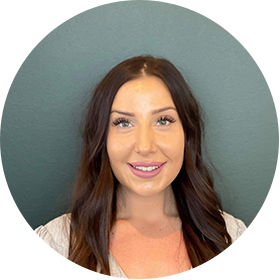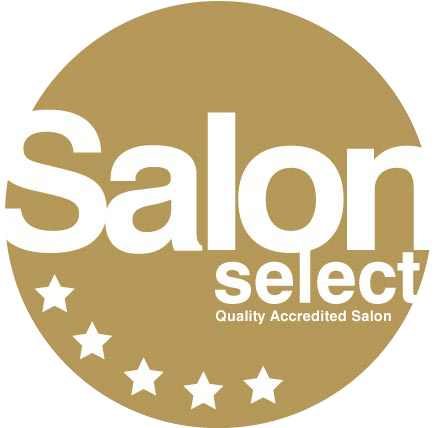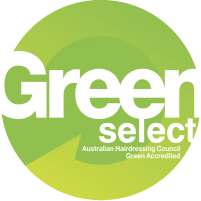Rosacea
Rosacea is a chronic skin condition that primarily affects the face, causing redness, visible blood vessels, and in more severe cases, the development of pimples and swelling. It often begins with episodes of flushing and can progress to more persistent symptoms. Rosacea tends to affect adults and is more common in fair-skinned individuals.
Causes of rosacea are not fully understood but some factors are thought to play a roll in its development like genetics, immune system response, vascular abnormalities.
Symptoms of Rosacea
- Facial redness (erythema) is the persistent redness on the central portion of the face, including the cheeks, nose, forehead and chin. The redness may appear as a flushed or blushing appearance.
- Visible blood vessels (telangiectasia) appearing as small, dilated blood vessels near the surface of the skin, often appearing as thin, red lines or spider veins.
- Raised red bumps or pus-filled lesions resembling acne, typically concentrated in the central facial area. Unlike acne, these bumps are not caused by clogged pores but are inflammatory in nature.
- In some cases, rosacea can lead to thickening of the skin, particularly on the nose (rhinophyma), resulting in a bulbous or enlarged appearance. This symptom is more common in men than in women.
- Approximately half of individuals with rosacea (ocular rosacea) experience eye symptoms, including dryness, irritation, redness, burning or stinging sensations, sensitivity to light (photophobia), and blurred vision.
Causes of Rosacea
- Individuals with a family history (genetics) of rosacea are more likely to develop the condition themselves.
- Vascular changes of the blood vessels contribute to the characteristic flushing, redness, and visible blood vessels (telangiectasia) associated with rosacea.
- Inflammation is a key feature of rosacea, and abnormalities in the immune response may contribute to its development.
- Various environmental factors and triggers can exacerbate rosacea symptoms in susceptible individuals. Common triggers include sunlight (UV radiation), heat, cold, wind, spicy foods, alcohol, hot beverages, caffeine, certain skincare products, and emotional stress.
Treatment Options at HBS Beauty Clinic
- Dermapen 4 Skin Needling
- O-Biome Oxygen Therapy
- LED Light Therapy

The feeling is Fabulous
Our Beauty Therapists and Cosmetic Nurse work across our wide range of beauty treatments and are fully qualified for the procedures they perform. They pride themselves on their professional finish to make you look and feel fabulous.

Chloe
Senior Beauty Therapist & Salon Manager
Chlo has completed her Cert IV and Diploma of Beauty Therapy. She attends endless skin analysis courses, as well as management and motivational courses, lash lift courses, dermal skin needling education, O Cosmedics professional courses and award nights.
Amazing at: Cosmetic Tattooing & Skin Treatments.

Emily
Cosmetic Nurse
Emily has completed her Bachelor of Nursing degree, and still works as an ICU nurse in one of Sydney’s major hospitals. Ongoing aesthetic education is her passion, to help her clients reach the most natural looking results.
Amazing at: Natural Looking Cosmetic Enhancements.
Love to feel the love







